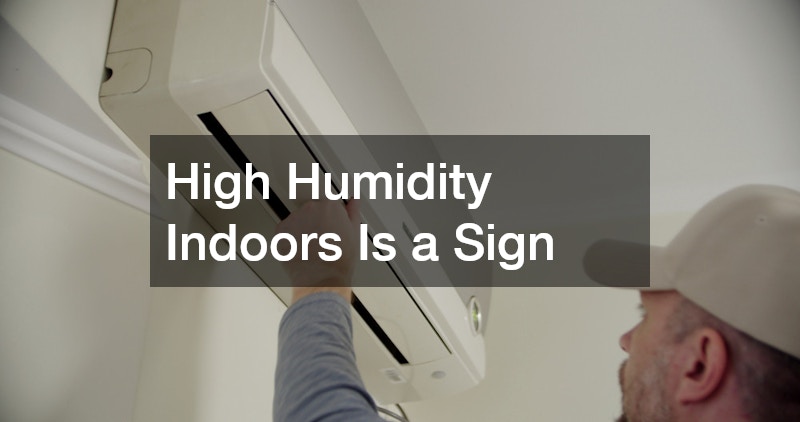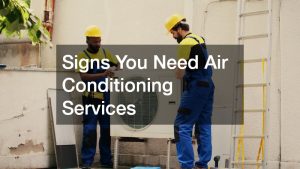Your air conditioning system is essential for keeping your home comfortable during warm weather. Like any appliance, it needs regular maintenance and occasional repairs to work efficiently. Ignoring early signs of trouble can lead to higher energy bills, reduced comfort, and even complete system failure. Knowing when to call for professional air conditioning services can save you money and prevent bigger problems down the road.
Weak or Inconsistent Airflow
If you notice weak or uneven airflow from your vents, your AC may be struggling. This could be caused by:
A clogged air filter
Ductwork leaks or blockages
A failing blower motor
Poor airflow means your system is working harder to cool your home, which can increase wear and tear.
A technician can diagnose the cause and restore proper performance.
Warm Air Coming from the Vents
One of the most obvious signs of AC trouble is warm air when you expect cool relief. This can happen due to:
Low refrigerant levels
Compressor problems
Malfunctioning thermostat settings
Since refrigerant issues can damage your system and harm the environment, it’s important to have a licensed professional handle repairs.
Strange Noises During Operation
While most air conditioners make some noise when starting or running, unusual sounds should not be ignored.
Banging or clanging may signal a loose part.
Grinding can indicate worn bearings.
Hissing might mean a refrigerant leak.
Prompt service can prevent small mechanical problems from turning into costly breakdowns.
Unpleasant Odors from the System
If you detect musty, burning, or other unpleasant smells when your AC runs, it could be a warning sign:
Musty odors often point to mold or mildew in the ductwork or unit.
Burning smells can signal electrical problems or overheating components.
Addressing odors quickly can protect your indoor air quality and your health.
Frequent Cycling On and Off
Air conditioners naturally cycle on and off to maintain temperature, but if your system is short cycling—turning on and off more frequently than normal—it could be due to:
Oversized equipment
Refrigerant problems
Electrical issues
Short cycling reduces efficiency, increases wear, and can shorten your AC’s lifespan.
High Humidity Indoors
One of an air conditioner’s functions is to reduce indoor humidity. If you notice sticky or clammy air, even when the AC is running, it may not be removing enough moisture. This can result from:
Incorrect system sizing
Poor maintenance
Malfunctioning parts
A professional can test your system and recommend solutions to restore comfort.
Rising Energy Bills
If your energy bills are climbing without an increase in usage, your AC might be working harder than it should. Causes include:
Dirty filters and coils
Failing parts
Leaks in the duct system
Regular maintenance can keep your system efficient and help control energy costs.
Leaks or Moisture Around the Unit
Any moisture pooling near your AC should be investigated. This may be:
Water from a clogged or broken condensate drain line
Refrigerant leaks, which are hazardous and require immediate attention
Ignoring moisture problems can lead to water damage or mold growth in your home.
System Age and Frequent Repairs
If your system is over 10–15 years old and needs frequent repairs, replacement may be the most cost-effective option. Newer models offer better efficiency, improved comfort, and lower operating costs. A professional can assess whether repairs or a full upgrade make more sense.
Your air conditioning system is an investment in your home’s comfort and efficiency. Paying attention to warning signs—like weak airflow, unusual noises, high humidity, and rising energy bills—can help you catch problems early.




